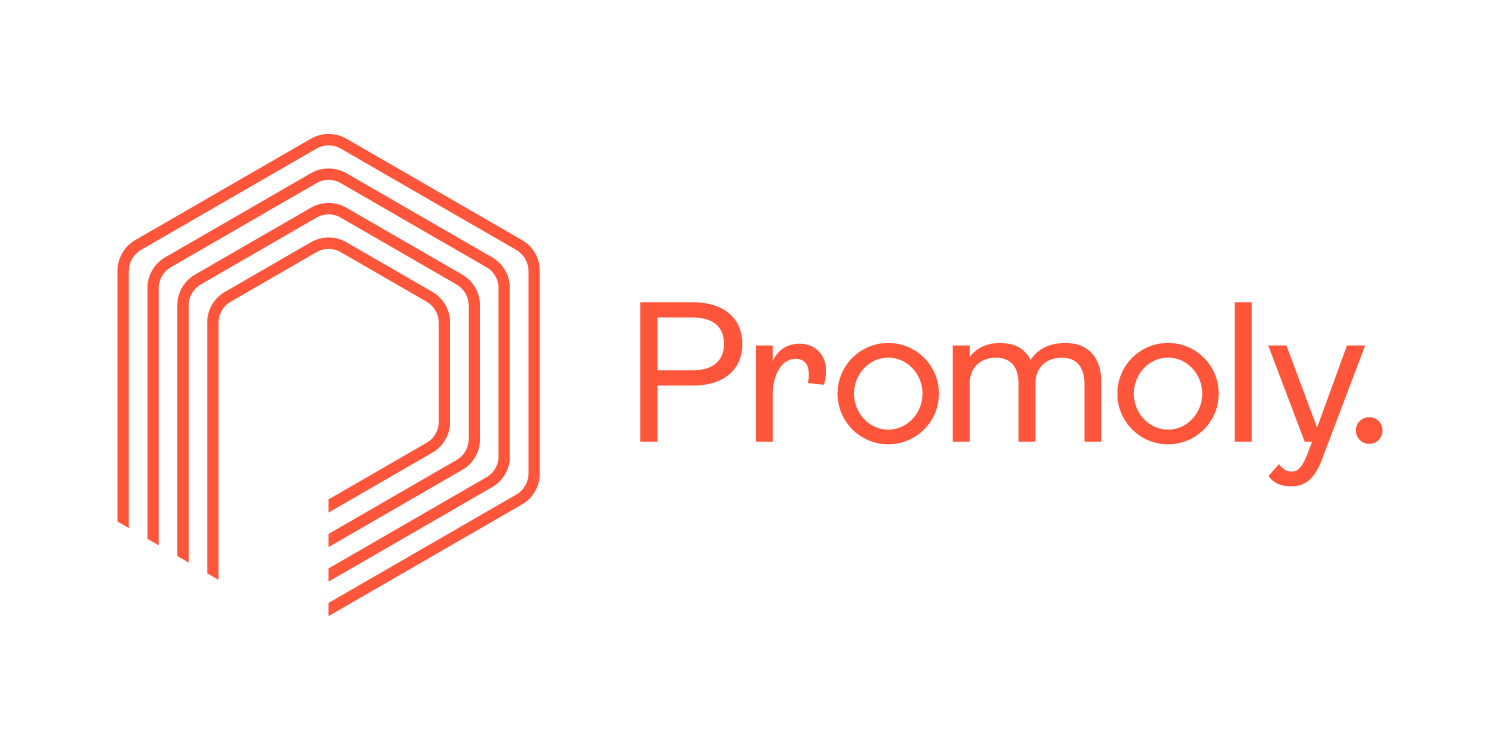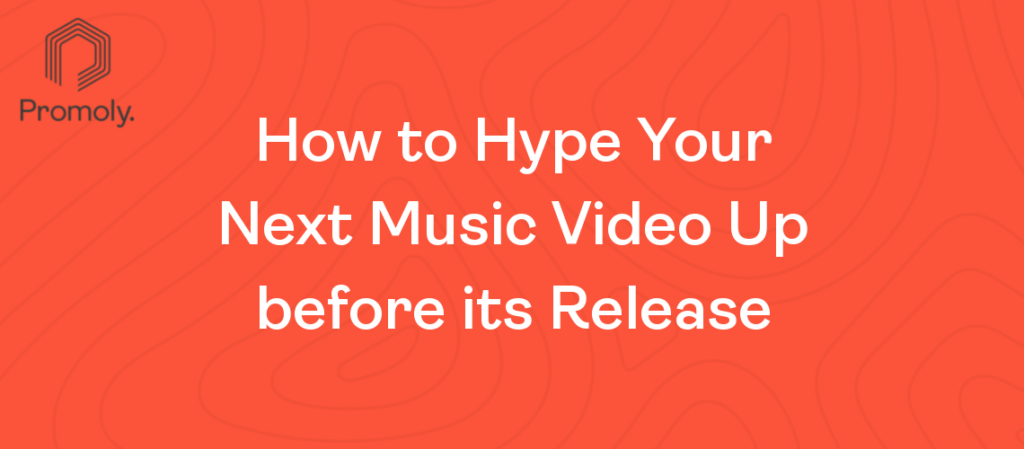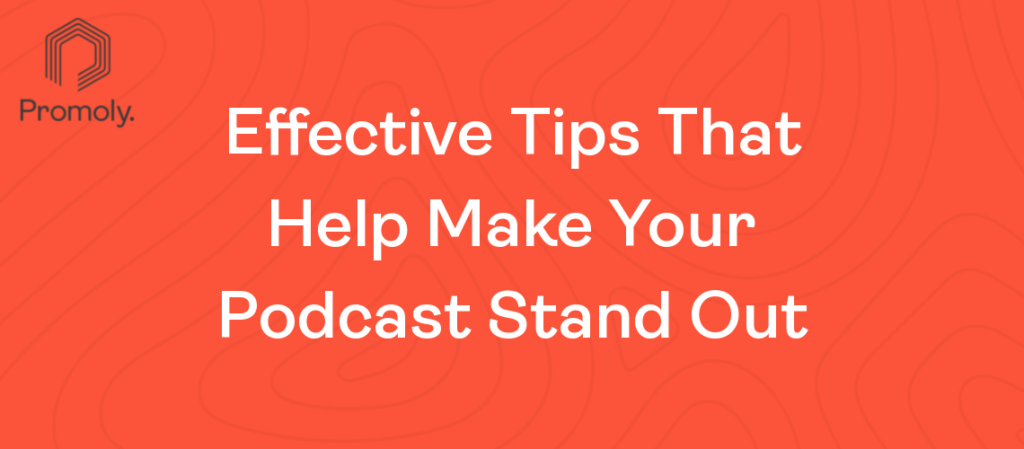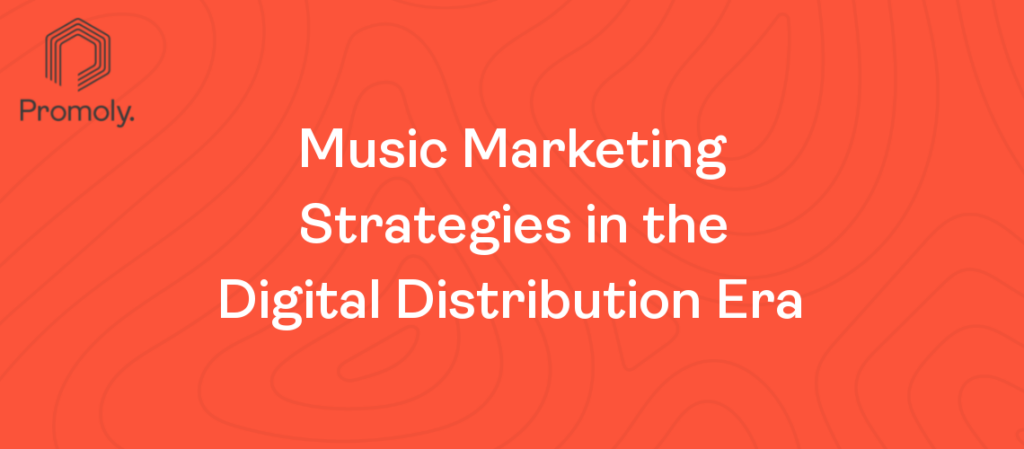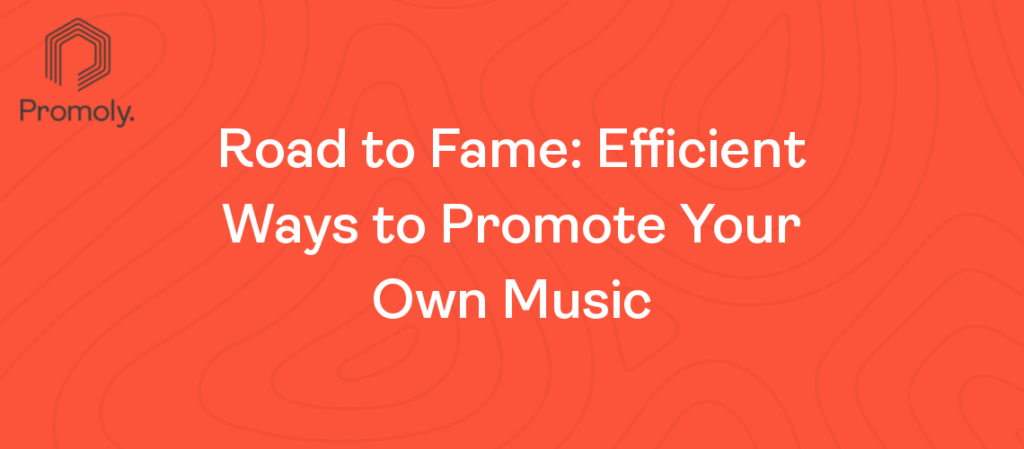There are a lot of resources out there on starting an independent record label and, frankly, most of them are way too complicated. Luckily, we’ve distilled it down so even your Grandma could start the next Universal.
(Side note: if your Grandma does start a label, please hit us up cause that’s cool and we’d love to partner and promote!)
Anyway, moving on…
Starting a record label involves two key ingredients: a passion for music and an action plan. This guide will give you the latter, but we’re counting on you to bring the former.
Since you’re already here reading this, we’re going to assume you have the passion in you and you’re dying to get started. So, let’s dive in.
Starting a independent record label
This guide’s going to show you how to start a independent record label in six steps:
1. Ideation
Starting a independent record label begins with brainstorming how the record label will stand apart from the sea of labels out there. This is known as a unique positioning or the unique value proposition of the record label.
To figure this out, the key is to think through what you know best about the music industry. What’s wrong with record labels today?
Think through an unmet need that currently exists and whether positioning the record label to meet it is a sustainable idea.
Use this train of thought to pick a vision for your record label that you’re passionate about.
Picking one that’s trending may sound like a good idea, but this can also mean the trend fades away and you’re left with a failed label.
Build your record label to focus on something you’re truly passionate about. We believe that the most successful labels out there today got to where they are because the founders picked what they were passionate about. This passion meant they fought through the highs and lows to realize their vision of the label and make it successful.
Once you’ve found the vision for the label, you can think through the specifics such as: which format do you focus on?
Determining Format
Picking the right format for the label to focus on is important. Juggling too many formats can dilute efforts and wind up with your label not doing well in sourcing talent and producing in any of them.
Pick a few formats that are known to be popular such as CD, Vinyl, and Digital Releases.
Don’t discount Digital Releases. Streaming is huge right now and Digital Releases primes you well to venture into this distribution channel. This ensures you’re on popular platforms such as SoundCloud, Bandcamp, and Spotify.
Formats also impact chart eligibility which is the criteria that need to be met in order to enter popular charts such as UK Top 40 or Billboard 200.
Every track will require an ISRC code (International Standard Recording Code) that helps stores report sales to chart companies such as Billboard. Depending on which region you’re launching the label in, it’s important to look at chart eligibility for different formats. If your format doesn’t allow you to be registered with them, you may lose the chance of being listed on their charts which is lost free marketing
2. Talent sourcing
Many start a record label to share music they’ve heard with a broader audience, especially tunes that no other label wanted to put out. But this may not always be the case, or just having one release lined up from an artist you know might not be enough.
This is where finding music to release becomes the next step. When starting a independent record label, it’s good to have a few releases in the back pocket to help with promotions and finding distribution.
Play to your strengths when it comes to finding great talent.
Start with your network and local music venues that you know. Spend time online on platforms such as Soundcloud, Bandcamp, or ReverbNation. Even social media platforms such as Facebook and Tik Tok now boast niche communities where artists publish their music.
Be patient during this step. It’s better to launch with music that’s true to what the label stands for and believes in compared to releasing something just to get the label launched and going.
Only represent music that truly moves you.
3. Business & Brand Strategy
If you’ve found the talent you like, it’s time to formalize things so you can share their music with the world and represent them with your label.
This starts with a business plan. Business plans are great in helping think through the nitty-gritty of the record label. What will it be called? How much will it cost to setup? Etc.
A business plan is also helpful when seeking investment. Anyone you pitch the label idea to will know you’ve done the due diligence in ensuring it’s a successful venture.
Here are some questions the business plan should help answer:
- What’s unique about your record label?
- Who are your competitors?
- What will it be called?
- What’s its branding?
- How do you plan on marketing the label?
- How will the record label be legally structured?
- What products or services will the record label offer?
- How much will it cost to set up the record label?
- How much money will it make in a given year? And how much profit?
We won’t go into detail on how to answer each question above, but we’ll dive into a few that are important in shaping up the record label through the rest of this guide.
Name & Brand
When it comes to branding, the name and logo of your record label will be critical.
We’re big believers in the notion that if the right identity of a label isn’t created, it won’t attract the right talent.
Brainstorm a few name ideas with your friends. Try to view it through the lens of your target customer as well – the artist. How would they resonate to the name and overall branding of your label?
Similarly, think through different logo ideas and other branding collateral. What’s the colour scheme of the label going to be? What font will you use?
The brand identity of your label will be important when it comes to promotion as your label will put considerable effort into marketing its artists work.
If you don’t have a killer name and brand for your own label, it’s not going to reflect greatly on what marketing you can do for artists that potentially want to join your label.
If you’re hitting a wall, check out how competitors are branding and see if it triggers any inspiration. If this truly isn’t your forté, then we’d recommend hiring professionals such as a branding and design agency. They can help craft your brand identity and create marketing assets for you such as logos, typeface, etc.
4. Legalities
Now for some grown-up stuff.
Sorting out the legal aspects of the label is an important step in ensuring credibility when it comes to dealings and as a way of protecting you and the label.
Firstly, you’ll have to start by setting up the structure of the business:
The business structure of the label
One aspect of starting a independent record label will involve structuring the business appropriately.
Here are a few options to consider:
Sole proprietorship: This sort of structure means the record label company is wholly owned and operated by just one individual – you.
That means all of the finances and liability are shared. If the label goes bankrupt, your personal assets are on the line, and if you go bankrupt the same applies to the label’s assets. This set up is appropriate if it’s just you running the label and simplifies the legal steps you’d have to go through in order to get going. Remember, you can always change the business structure later on.
Limited Liability Corporation (LLC): If the label is being formed by a group of people, then an LLC makes more sense.
The owners are also not responsible for any debts or liabilities incurred by the record label. Their personal assets are protected. Setting up an LLC is more complicated and expensive, but it does come with the added personal protection.
Incorporation: Most major labels will be structured as a corporation. This ensures no liability to shareholders and even the owners are well protected against any issues the label may face such as bankruptcy.
Incorporation will also allow external investors to come on board without having to relinquish actual voting control of the label. This is by far the most complicated to set up and manage.
Our advice is to start off with an LLC if there’s more than one of you as an owner the label, and if it’s just you then a sole proprietorship is fine. You can always transition how the label business is structured as the record label grows.
Setting up contracts
When you bring on talent to release their music, you’ll have to draft up contracts to ensure the relationship between you and the artists are clear.
This contract will cover important details such as profit sharing, who owns the masters, royalty agreements, distribution, and promotional guarantees. It will define clearly what you’ll help the artist with, who is responsible for what, ownership, and how revenue is distributed between the artist and your label.
Licensing
In addition to contracts. Labels will also have to get clear on licensing and ensure all represented artists are registered with the appropriate companies such as BMI or SESAC.
These are companies that collect royalties and distribute them to artists. If you miss licensing your artists to these companies, there’s a good chance your label will lose out on much-needed royalty earnings.
5. Preparing for Launch
It’s GO time.
Preparing to go-to-market is the next big step for the label. This will involve understanding how to both promote the label and the artists you represent.
Distribution
The first thing you’re going to want to line up is the right distribution channels.
These are the places where your label’s music is going to be playing or sold. There’s physical distribution such as music stores, and digital distribution through streaming services and online stores (e.g. iTunes). You’ll eventually have to either find companies in these channels yourself or hire distributors that’ll do the work for you.
Having distribution lined up from the get-go isn’t necessary.
If you’ve got a compelling brand and a promotion strategy, then that should take you quite far in this technology-enabled day and age. Eventually, however, you’ll want to be on store shelves, and that’s where distribution becomes important.
Press Kits
Press Kits help tell the world what your label does and/or who the artist is. Think of it as an entire marketing package that shows what the artist looks like, their bio, demos, upcoming tour dates, and so on…
These kits can be both physical and digital.
Digital kits allow anyone to download them directly from your website to use in promotional activities.
Physical kits come handy when you’re face-to-face with someone that could use it.
Don’t spend too much energy in filling the press kit with lots of information, keep it simple so that it quickly gives a good overview of your label and the artist.
Establish an online presence
If your label doesn’t have a strong online presence, that’s enough for people to doubt your credibility.
Start with having a website for your label that outlines which artists you represent, your story, upcoming releases, etc.
Include whatever you think consumers need to know about you. You don’t need a professional to set this up for you.
There are plenty of web design sites such as Squarespace or Webflow that’ll allow you to create stunning websites with relative ease without breaking the bank.
Create social media profiles as well on Instagram, Facebook, Snapchat, and Twitter. Be active on these platforms, posting updates about your label such as new releases, and use it as a way to interact with the community of other music lovers.
6. Promotion
With a site and social media profiles set up, the next step is to begin promoting.
This means getting your label and artist’s music out there. Get active on various streaming platforms such as Soundcloud and Bandcamp. See if you can host music on Spotify and iTunes and create specific video content for YouTube.
Do some promotion on Reddit such as in the /r/musicpromotion community and find niche Facebook groups that you can join to spread the word.
If you know of any music blogs focused on a specific genre, reach out to them and see if they’re willing to promote your artist or announce your label.
Think of all the places you use to discover new music talent and stay tuned to the latest from certain genres. Go out and try to promote your label’s music on those platforms!
Work smart and don’t be afraid to cross-post. If you create a post on Facebook, share it on Twitter and Reddit, and Instagram as well. The key is to try and reach as many people for the least amount of effort. There are even some services out that’ll help promote your music at scale such as promo.ly.
Starting a independent record label is a learning process and you’ll be making mistakes from day one. Don’t get discouraged when you hit roadblocks.
Persistence is key in making sure your first release gets out there. Hopefully, with these six steps you’re well on your way to sharing the music you love and the artists you admire with the world.
PS, If you’re looking to get signed to a label instead of starting your own label, our friends at EDM Tips have covered that in the following link.
